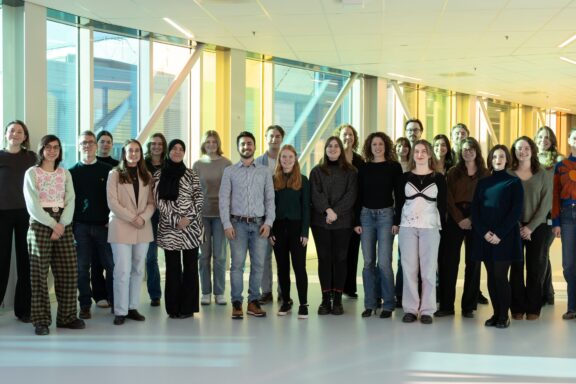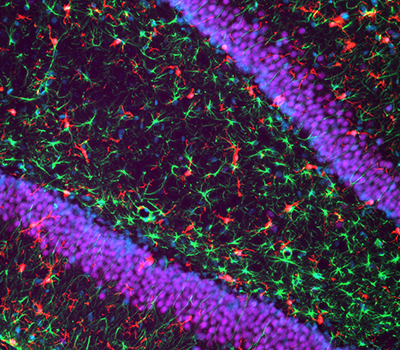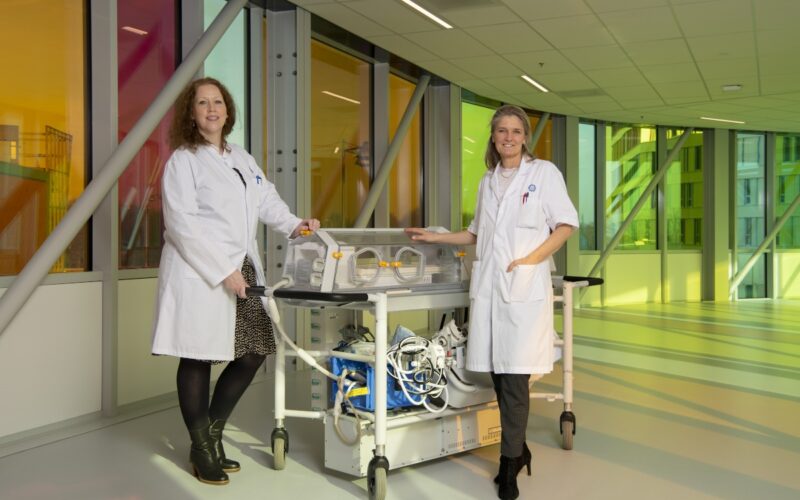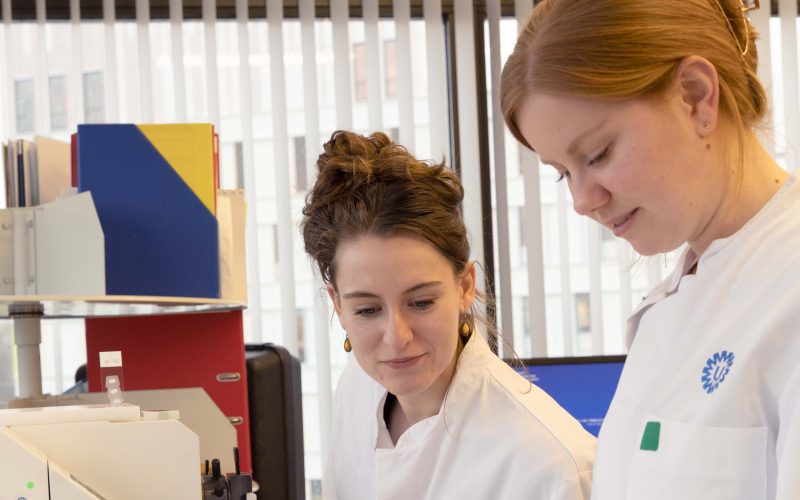Our research group studies how adverse early life events lead to injury in the developing brain and how these impacts neurodevelopmental outcome in the long run.

The DDOD laboratory is dedicated to understanding how early life events, such as preterm birth and perinatal complications, influence brain development and long-term outcomes. By uncovering the mechanisms behind neonatal brain injury, we aim to pioneer innovative neuroprotective and regenerative therapies that improve the lives of newborns.
Our research thrives on a collaborative and translational approach, integrating expertise across four complementary research lines. Beyond the lab, we contribute to (bio)medical teaching and clinical advancements, ensuring our discoveries drive meaningful change from the classroom to the clinic.
The DDOD lab operates under the Division of Woman & Baby, aligning research excellence with a commitment to improving maternal and neonatal health outcomes.
Brain damage in the earliest stages of life can have devastating effects on the quality of life. This condition affects thousands of children each year in the Netherlands. Survivors report a wide range of consequences, such as childhood epilepsy and cerebral palsy. These disorders often affect motor functioning, cause hypersensitivity and impair social behavior and cognition.
We take a true bench-to-bedside approach by using clinically relevant cell- and animal-models to closely mimic brain injury in the human newborn and to test new treatment options via clinically applicable routes relevant to the target patient. We closely collaborate with the department of Neonatology of UMC Utrecht to translate our preclinical findings to the infants at the Neonatal Intensive Care Unit.
We host various types of internship positions at DDOD:
You can always send in an application. Please send a letter of interest with your CV to ddod@umcutrecht.nl.



